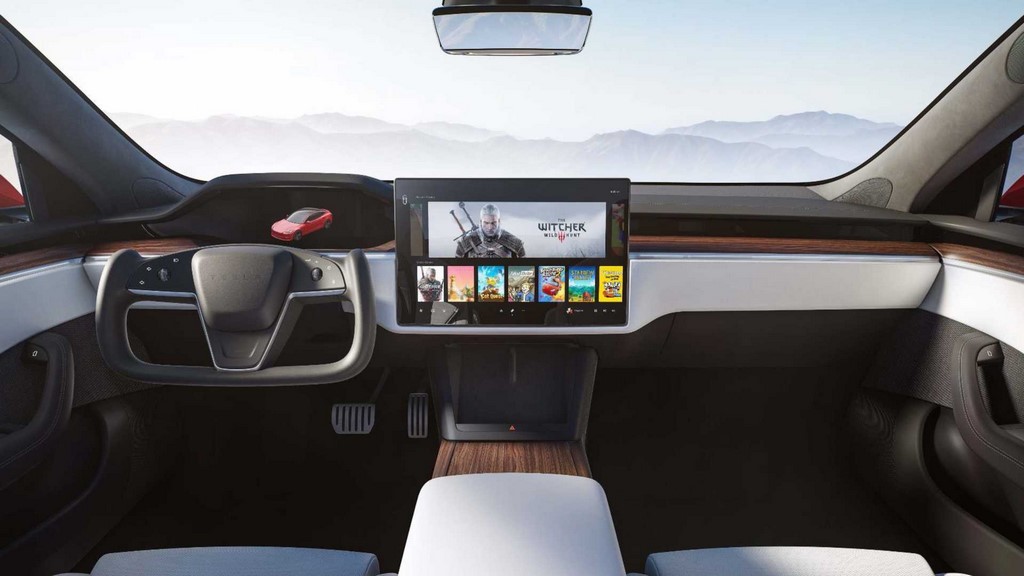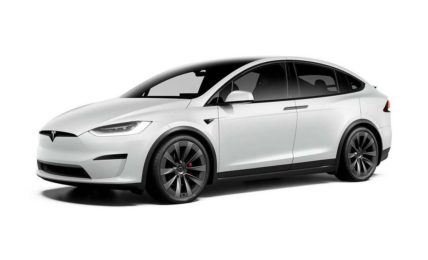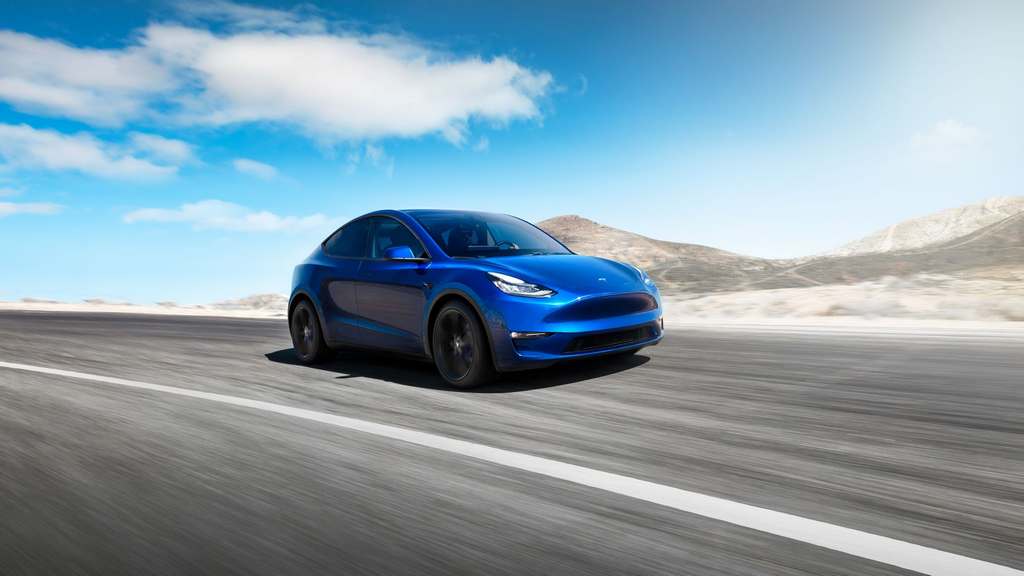
Govt officials ask Tesla to find local vendors in India instead of Chinese suppliers
As Tesla explores the possibility of establishing a manufacturing plant in India, the Indian government has made a unique proposal to the electric vehicle giant regarding suppliers.
Officials have suggested that Tesla adopt a strategy similar to that of Apple in finding local partners to collaborate with Chinese suppliers.
The talks between Tesla and Indian authorities have been ongoing for several weeks, with discussions centred around the potential construction of a factory aimed at producing an affordable $24,000 (Rs. 20 lakh) electric car for both the domestic and export markets. However, strained relations between India and China present challenges for Tesla’s plans, as sourcing Chinese suppliers could become complicated.
Tesla’s CEO, Elon Musk, has been keen on expanding the company’s presence beyond its prominent foreign base in China. While the regulatory approvals for expansion in China have been slow, the prospect of a foothold in India offers enticing opportunities.
Chinese suppliers are crucial to the feasibility of establishing a plant in India, especially to keep production costs in check for an affordable electric vehicle. As of now, India lacks local suppliers for certain components, such as battery cells, even the country’s largest EV manufacturer, Tata Motors, imports them from China.
During meetings with Indian officials in New Delhi, Tesla executives expressed their desire to have some of their Chinese vendors set up operations in India to strengthen their supply chain. However, Indian authorities highlighted the challenges of granting approvals to wholly-owned Chinese companies due to intense scrutiny following a 2020 border clash between India and China.
In response, the Indian officials proposed a solution inspired by Apple’s approach. In recent months, Apple has secured approvals to bring Chinese suppliers to India by forming joint ventures with local partners. This model allows foreign companies to work with Indian entities, addressing concerns related to direct Chinese investments.
India has been cautiously considering allowing Chinese companies, especially automakers, to expand their operations in the country. Recently, China’s BYD had to shelve a $1 billion investment plan for building electric vehicles in India due to scrutiny from New Delhi.
One Indian official suggested that pairing local Indian firms with Chinese players could be a viable solution for Tesla. “Tesla has been demanding a separate ecosystem for their (Chinese) vendor base … those approvals can be granted on a case-to-case basis if there is an Indian joint venture partner,” the official stated.




